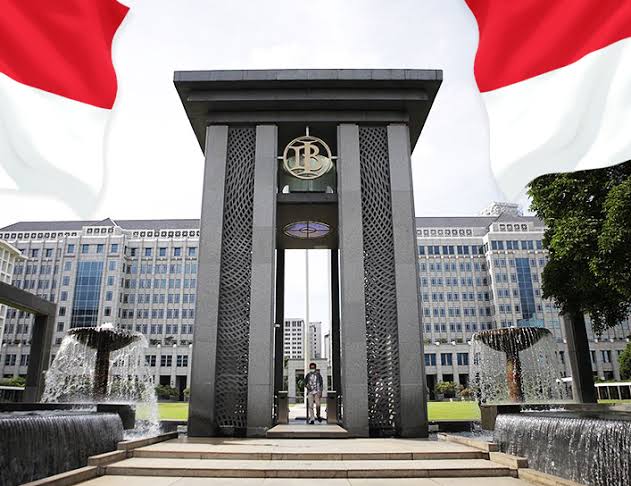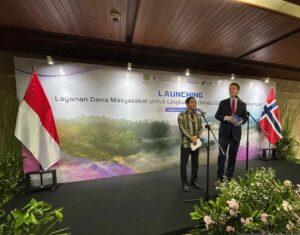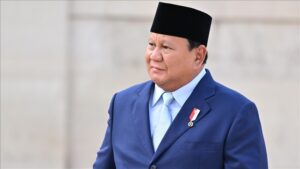Indonesia’s Economic Growth in 2023

Indonesia has played a modest role in the world economy since the mid of the 20th century. The country is a major exporter of crude petroleum and natural gas. In addition, Indonesia is one of the world’s main suppliers of rubber, coffee, cocoa, and palm oil; it also produces a wide range of other commodities, such as sugar, tea, tobacco, copra, and spices (e.g., cloves). Nearly all commodity production comes from large estates. Widespread exploration for deposits of oil and other minerals has resulted in a number of large-scale projects that have contributed substantially to general development funds.
Now coming to the main topic, here we can see that against a backdrop of global economic moderation, economic growth in Indonesia remains solid. The latest data published by BPS-Statistics Indonesia indicates 5.03% (yoy) national economic growth in the first quarter of 2023, up slightly from 5.01% (yoy) in the previous period. The Bank Indonesia projects solid economic growth in 2023 with a bias towards the upper bound of the 4.5-5.3% range on the back of improving domestic demand and persistently strong export performance.

The implementation of tax reforms and improvements to the quality of public spending, including public investment and pro-growth programs, remain key to supporting the economy going forward.
Indonesia has seen steady and continuous improvement in many areas that are critical to its long-term growth, particularly macroeconomic stability, public sector governance, and infrastructure.
World Bank Director for Indonesia Satu Kahkonen stated that, Indonesia to accelerate its growth and achieve its objective of becoming a high income country by 2045, the Government could prioritize implementation of recent structural reforms such as the financial sector omnibus law, and adopt further market-friendly policies in trade and business regulations that further remove constraints to competition
According to the Bank of Indonesia, solid economic growth in the first quarter of 2023 and was supported by all GDP components. Exports maintained high 11.68% (yoy) growth, underpinned by strong demand in key trading partner countries. Household consumption growth improved to 4.54% (yoy) in line with increasing mobility and purchasing power, coupled with lower inflation. Government consumption expanded 3.99% (yoy), primarily driven by procurement and personnel expenditures.
Indonesia’s economic growth in the second quarter accelerated unexpectedly to its highest rate in three quarters, shored up by strong household and government spending.
The government plans to boost spending this quarter to reach its 5.3% growth target for the year, chief economic minister Airlangga Hartarto told media on August 07, 2023.
Indonesia has reported a current account surplus every quarter from the July-September period of 2021, helping the rupiah perform better than most other emerging Asian currencies against the U.S. dollar
At the end comparing with the last year’s growth was 5.3%, a nine-year high. The central bank predicts GDP will expand in a range of 4.5% to 5.3% this year and I can see Indonesian government will meet the target of 5.3% or more.


